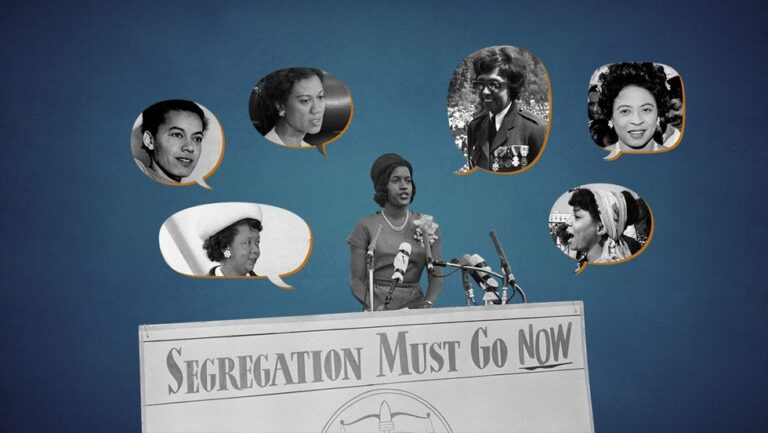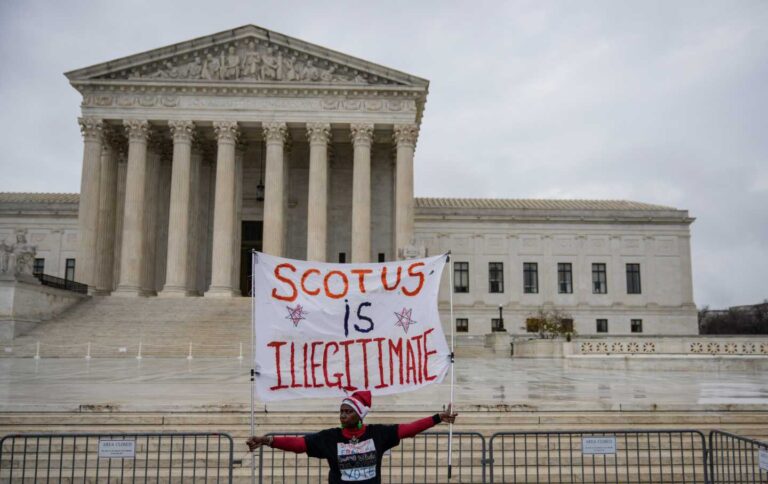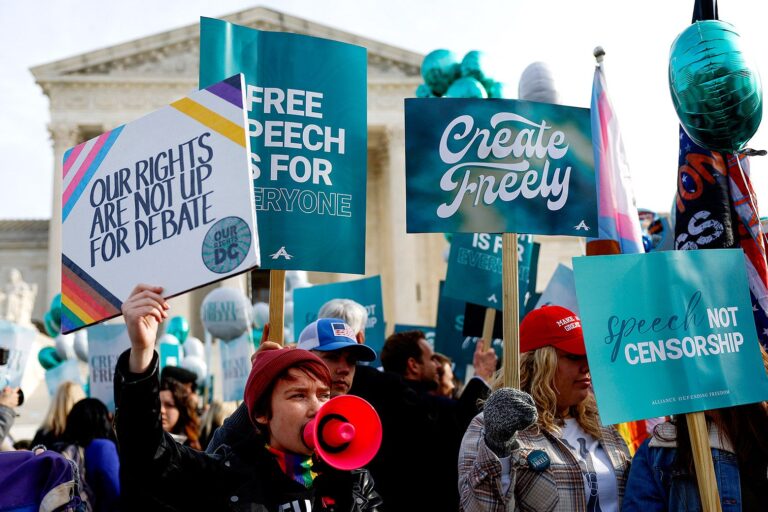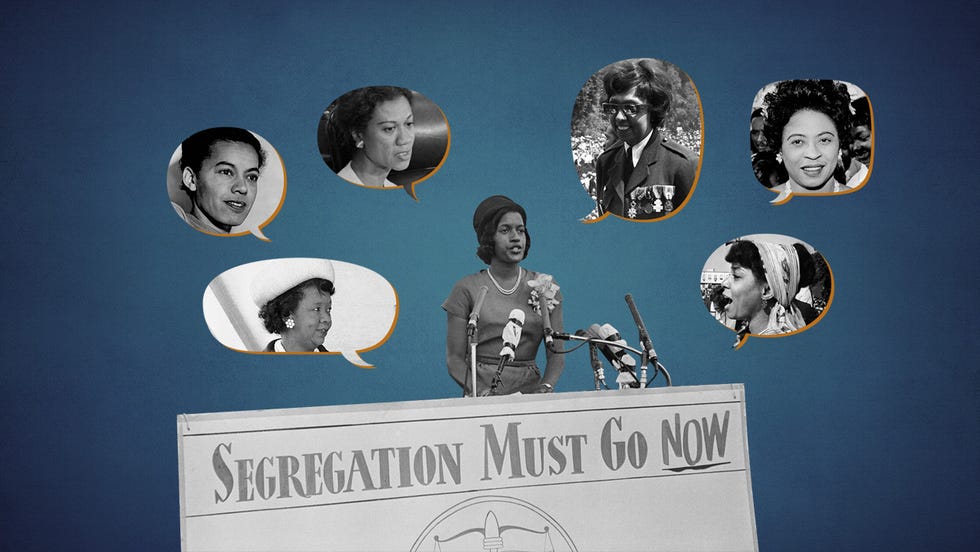I Dream of a world where prosecutors seek justice, not prison time
Say It Louder
Hillary Blout is founder + executive director of For the People.
Most days, Joseph Sisneros wakes up at 4 a.m., driving in the dark through his hometown to work long days as a truck driver. A few hours later, Thanh Tran and his wife care for their infant son as Thanh prepares to go to the California state Capitol for work. Around that same time, Troy Dunmore makes breakfast with his fiancée before commuting to his job as a substance abuse counselor. Joseph, Thanh, and Troy have one thing in common: they were all released from prison by the same prosecutors who sought their original sentences.
Before 2019, Joseph, Thanh, and Troy were three of the nearly 2 million people behind bars in the United States—the country with the highest incarceration rate in the world. In the 1980s and 1990s, our country adopted policies that sent more people to prison for longer periods of time. Today, we are reckoning with the result: people who were incarcerated as youths before their brains could fully develop; elderly people languishing behind bars who have aged out of crime, whose medical needs cost taxpayers steeply; and the more than half of people currently in prison who have already served 10-plus years—more than a decade of growth and reflection that so often leads to transformative change.
Read the story on Newsweek
How Black Women fought back sexism and changed history
More of This

As the preliminary program for the 1963 March on Washington for Jobs and Freedom came together, Anna Arnold Hedgeman noticed a glaring omission in the star-studded lineup of speakers: there were no women.
Hedgeman, a civil rights organizer who helped plan the march and was tasked with mobilizing groups of hundreds if not thousands to attend, wrote a letter to the “Big Six” — John Lewis, Whitney Young, A. Philip Randolph, James L. Farmer Jr., Roy Wilkins and Martin Luther King Jr. — arguing a woman should address the crowd at the Lincoln Memorial.
The men ignored her. So, at one of their final meetings, she read the letter aloud, according to Meghan Weaver, a research assistant at the Martin Luther King, Jr. Research and Education Institute.
Read the story on USA Today
SCOTUS can regain our trust if it stops taking away our rights
Perspective

Contempt of the Court is a podcast. Host Elie Mystal is joined by legal experts Nikolas Bowie and Rhiannon Hamam to understand how we might strip the court of its presumed legitimacy.
The Supreme Court’s approval rating is at record lows. A Gallup poll this summer showed that only 40 percent of Americans approve of the job the court is doing. Forty percent is low, but it should be even lower.
This is the eighth and final episode of Contempt of Court, our podcast series about reforming the Supreme Court. On this episode, we’re going to talk about the court’s only true form of power: legitimacy.
Read the Story on The Nation
The case for optimism about the Supreme Court
Speaking Of...

When you cover this Supreme Court for a living, it is tempting to fall into despair.
The Court has spent the last few years relitigating long-settled fights over abortion and affirmative action. It consistently rules that the rights of LGBTQ Americans, women using birth control, and even people who don’t want to catch a deadly disease must give way to the whims of the Christian Right.
Under its three-year-old Republican supermajority, the Court took a decidedly post-legal turn. It routinely relies on fabricated legal rules, such as the so-called major questions doctrine, to veto liberal policies like President Joe Biden’s student loan forgiveness program or to undermine environmental protections.
Its guns decision in New York State Rifle v. Bruen (2022) is an incompetent train wreck, which has baffled lower court judges and produced appalling results — including an appeals court decision holding that a law prohibiting individuals from “possessing a firearm while under a domestic violence restraining order” is unconstitutional.
And yet, despite all of this, I am far more optimistic about the future of the United States than I was a year ago, and a big reason why is the Supreme Court’s behavior over the last several months.
Read the story on Vox










